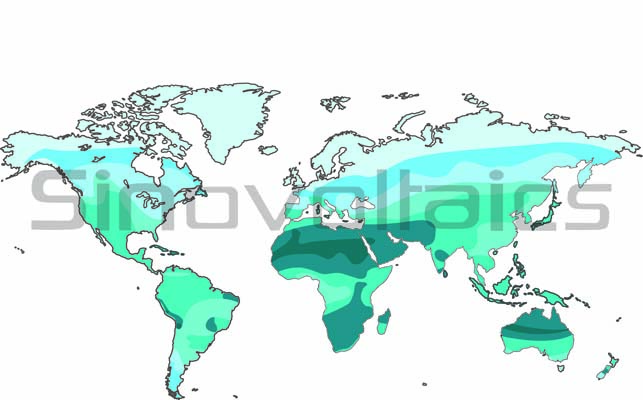Solar Storage Cost
Which Solar system is right for me?
Renewables Curtailment
BlockChain and off-grid Solar
Reduce Gas and Electricity Bills
The Right System Installer
Labor Costs for Installing Solar Panels
Solar Panel Kits
[...]
 Worldwide solar Insolation map[/caption]
Worldwide solar Insolation map[/caption]
